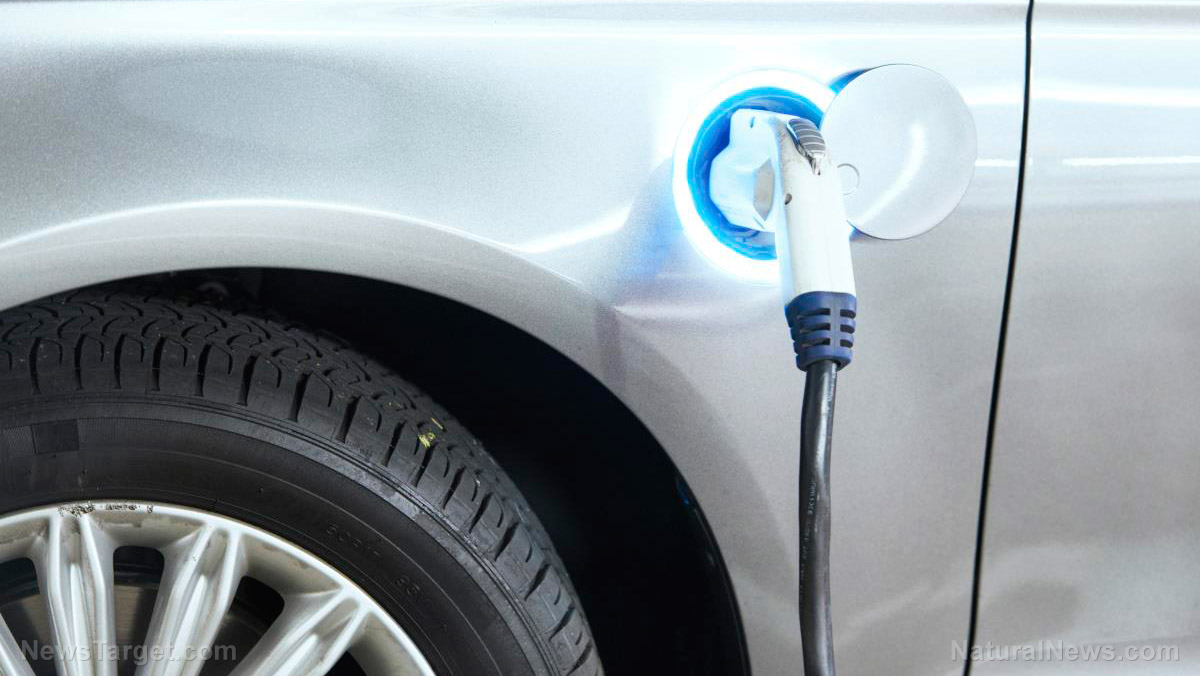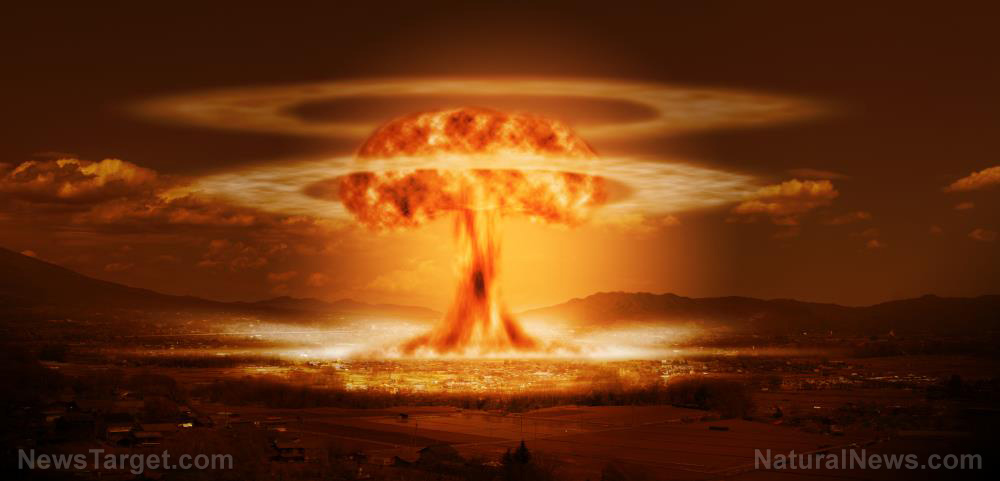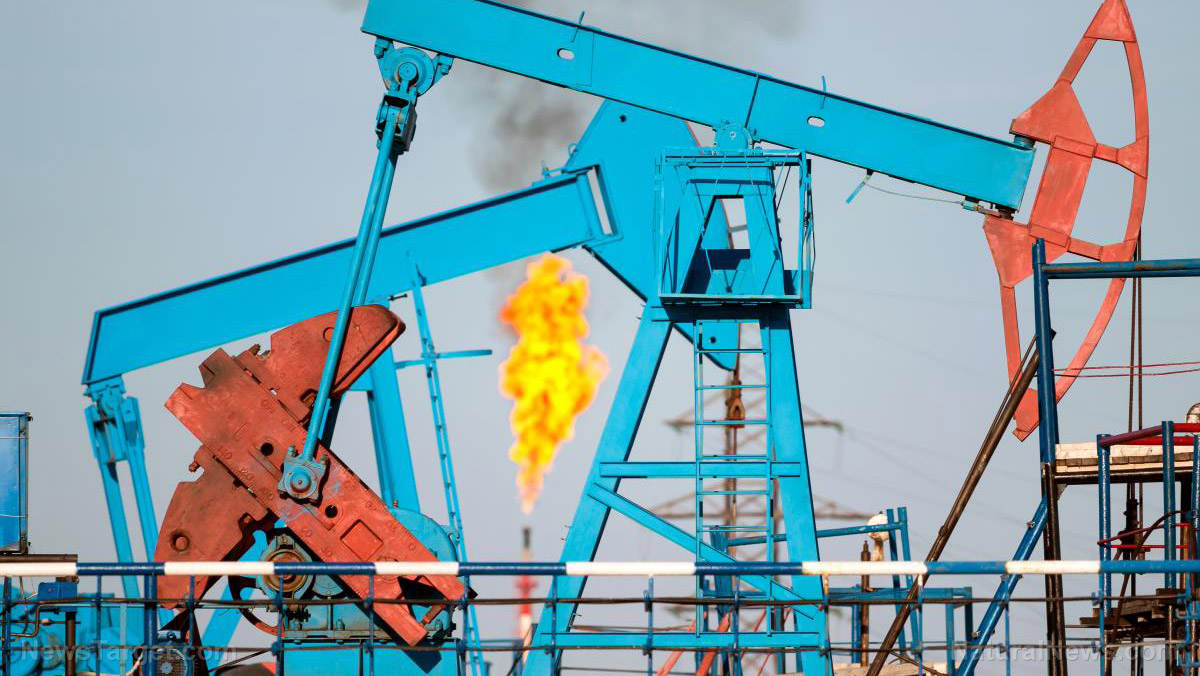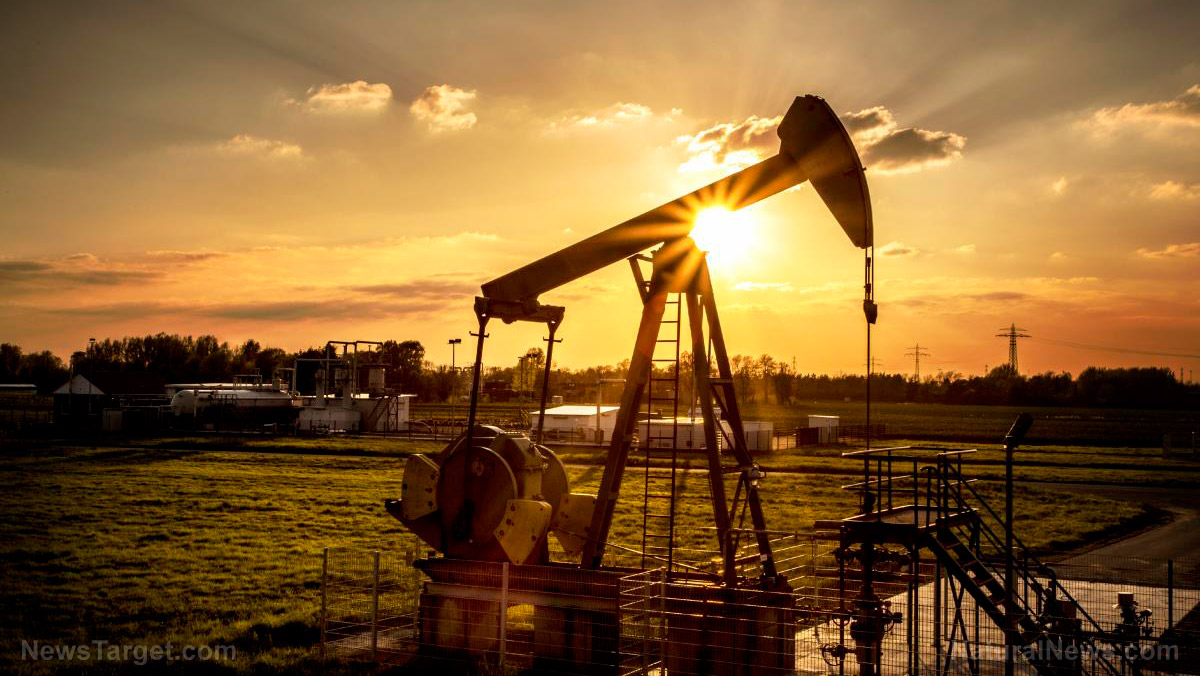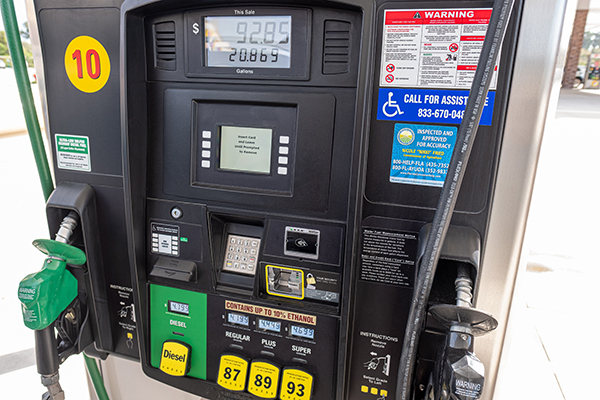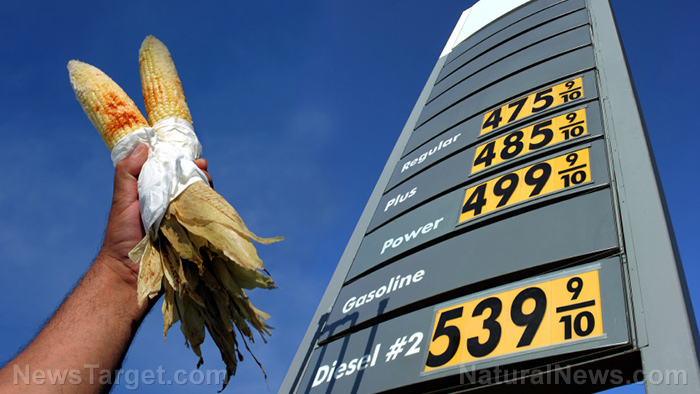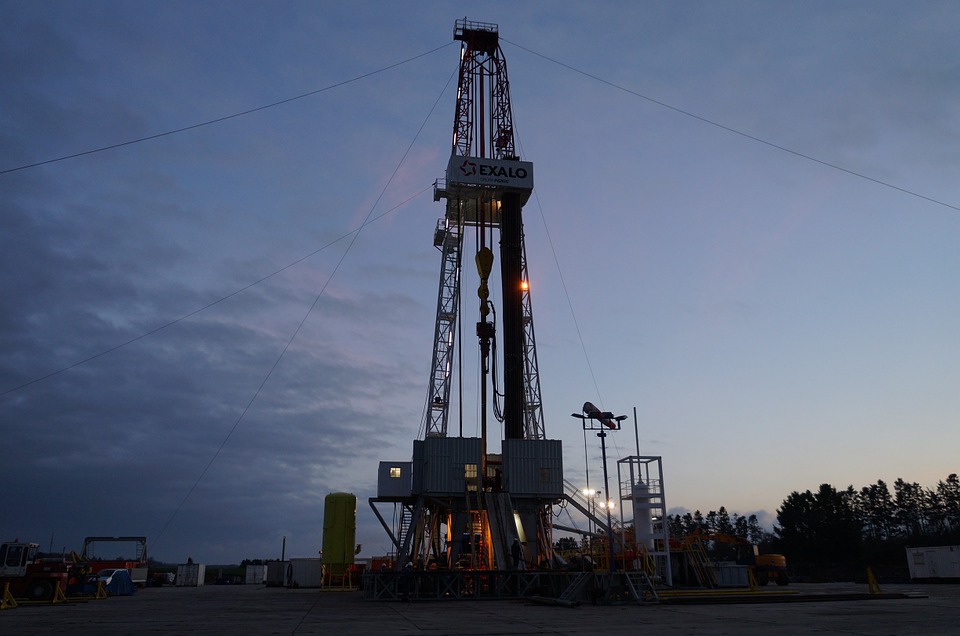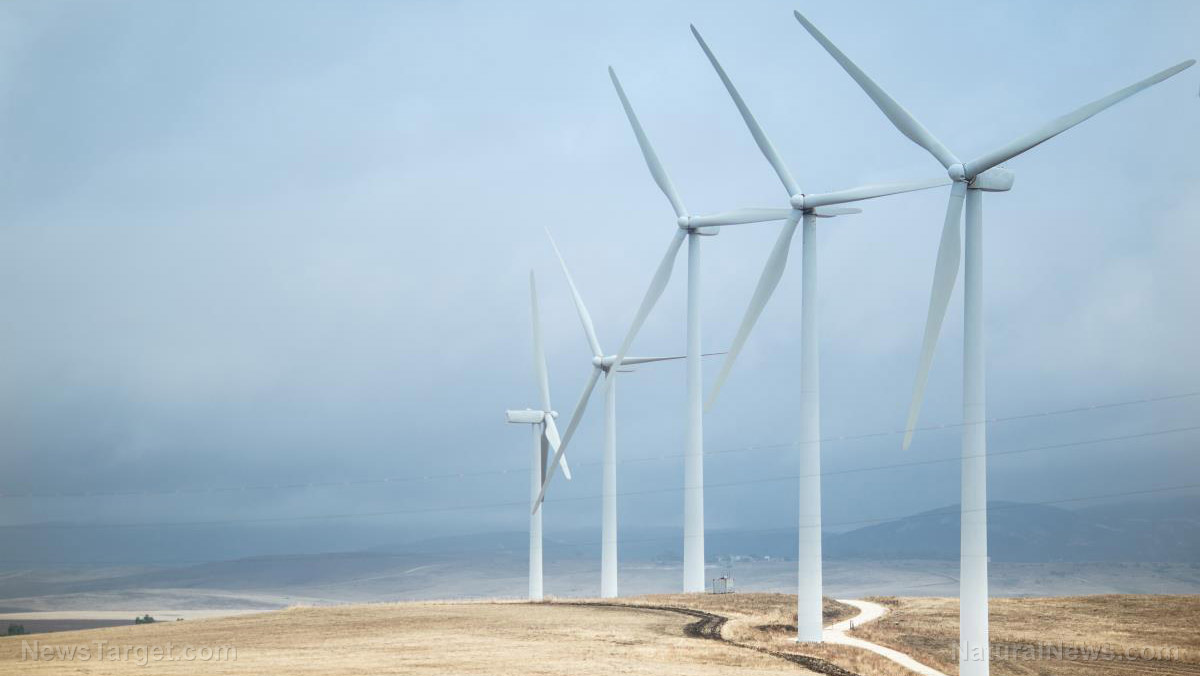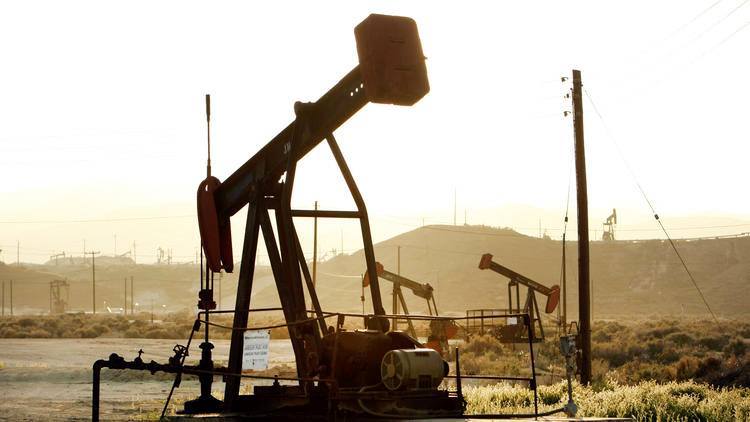UK unable to pay for Russian gas after imposing sanctions on Russia’s Gazprombank
04/08/2022 / By Kevin Hughes
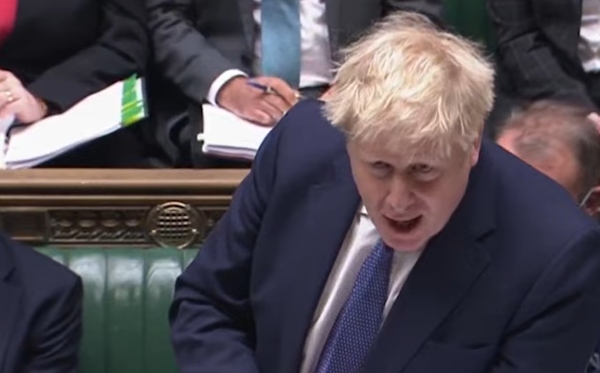
The United Kingdom is now unable to pay for Russian gas after President Vladimir Putin’s order that this commodity must be paid for in rubles. It is the consequence of enforcing sanctions on Russia’s Gazprombank, through which payments for Russian natural gas are made.
Foreign currencies can be changed to rubles on the Moscow Exchange for Gazprom customers, but the U.K. has pulled out of this arrangement. At the same time, Europe has not been able to present a united front concerning the United States-imposed sanctions against Russia. Some nations will be hit harder than others and Hungary has already indicated its intention to avoid sanctions.
Slovakia, Bulgaria and Moldova have now decided to pay in rubles while Latvia, Lithuania and Estonia have refused payments in Russian currency. Other nations are still trying to arrange deliveries.
“London wants to be the leader of everything anti-Russian. It even wants to be ahead of Washington. That’s the cost,” said Dmitry Peskov, the press secretary of Putin, when he spoke to the media about Britain’s hardline stance.
On March 31, Putin signed an order demanding gas buyers from “unfriendly countries” to open special ruble and foreign currency accounts with Gazprombank to pay for gas supplies.
Researchers at Goldman Sachs have estimated that U.S. exports of liquefied natural gas (LNG) are as of now at capacity and therefore U.S. energy supplies would not make up for the shortage. Furthermore, the European Union does not yet have the infrastructure to accept larger volumes of LNG imports.
Russia has also officially stopped all deliveries to Europe via the Yamal-Europe pipeline, which is important to European energy supplies.
The price of gas in the United Kingdom rose dramatically in just a month. It moved up by 81 percent immediately, while electricity prices increased by 36 percent. According to Bloomberg, “millions of Britons were plunged into poverty overnight” as electricity prices hit a record on Friday, April 1.
Andrew Bailey, the governor of the Central Bank of England, called it “a truly historic shock to the real income of the British, and more severe than it was in the 1970s.”
Instead of employing diplomacy, the U.K. will be selling Ukraine anti-ship missiles to protect Odessa from Russia.
U.K. Prime Minister Boris Johnson thinks that if the Russian ships are sunk, it will help to disrupt the attack on Odessa. He also thinks that the Russian army could not occupy Kyiv because of the British NLAW anti-tank systems. British authorities are also talking about the shipment to Ukraine of Harpoons and loitering ammunition designed to defend against shelling from ships of the Black Sea fleet.
British Defense Secretary Ben Wallace also disclosed a plan to furnish Ukraine with long-range artillery and other weapons.
The European Union, in the meantime, will have to pay 230 billion euros ($249.8 billion) just for the increase in energy prices made by their anti-Russian sanctions. According to European Central Bank President Christine Lagarde, Europeans will now face stagflation, which is a combination of simultaneous economic decline and high inflation.
Britain urges G7, NATO allies to ban Russian ships from ports
Meanwhile, the U.K. asked G7 and NATO nations on Tuesday, April 5, to ban Russian ships from their ports, agree on a timetable to cancel oil and gas imports from Russia and further stiffen sanctions on banks and key industries. (Related: DIESEL DEMOLITION: As early as April, diesel could be rationed in the U.K. as authorities phase out Russian oil imports.)
“On Thursday, I will be urging our NATO and G7 partners to go further in sanctions by joining us in banning Russian ships from our ports, cracking down on more Russian banks, going after industries that are filling Putin’s war chest like gold, and agreeing a clear timetable to eliminate imports of Russian oil, coal and gas,” British Foreign Secretary Liz Truss said ahead of a meeting of NATO and G7 nations.
The U.K. and its international allies have already sanctioned Russian banks and wealthy elites and taken measures to cut Moscow off from the international financial system in response to Russia’s invasion of Ukraine.
Russian ships have already been prohibited from British ports.
Previously, the European Commission suggested sweeping new sanctions against Russia including barring coal imports and hindering Russian vessels and trucks from accessing the bloc.
Truss said current sanctions had frozen $350 billion of Russian cash and made over 60 percent of its foreign currency reserves inaccessible. “Our coordinated sanctions are pushing the Russian economy back to the Soviet era,” Truss said.
Follow Chaos.news to know more about Europe’s impending oil dilemma.
Watch the video below to know why the EU is imposing new sanctions against Russia.
This video is from the Chinese taking down EVIL CCP channel on Brighteon.com.
More related stories:
Russia warns Western firms supporting sanctions that they could face asset seizures, arrests.
Sources include:
Submit a correction >>
Tagged Under:
big government, Boris Johnson, chaos, Collapse, electricity, energy supply, European Union, g7, Gazprombank, inflation, national security, NATO, panic, power, power grid, products, Russia, UK, Ukraine, US, Vladimir Putin, World War III
This article may contain statements that reflect the opinion of the author
RECENT NEWS & ARTICLES
COPYRIGHT © 2017 POWER NEWS



